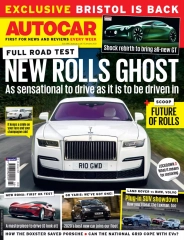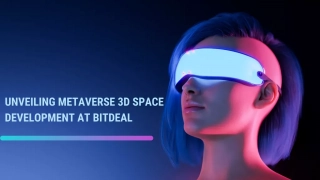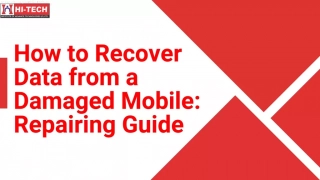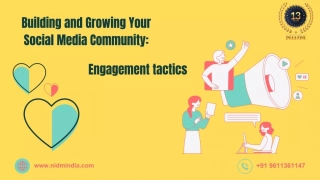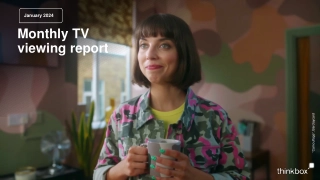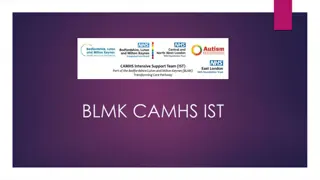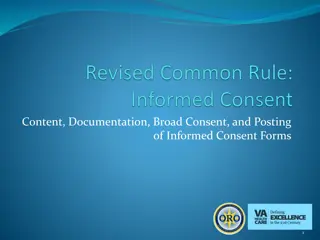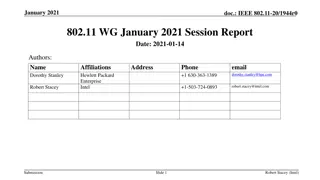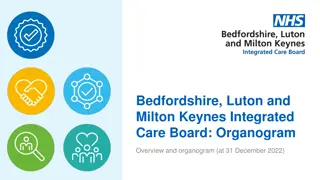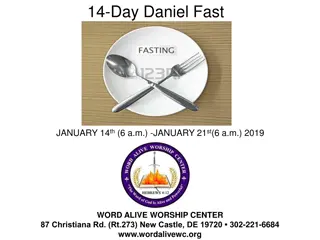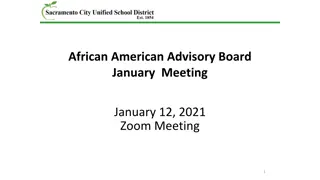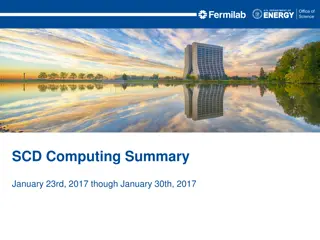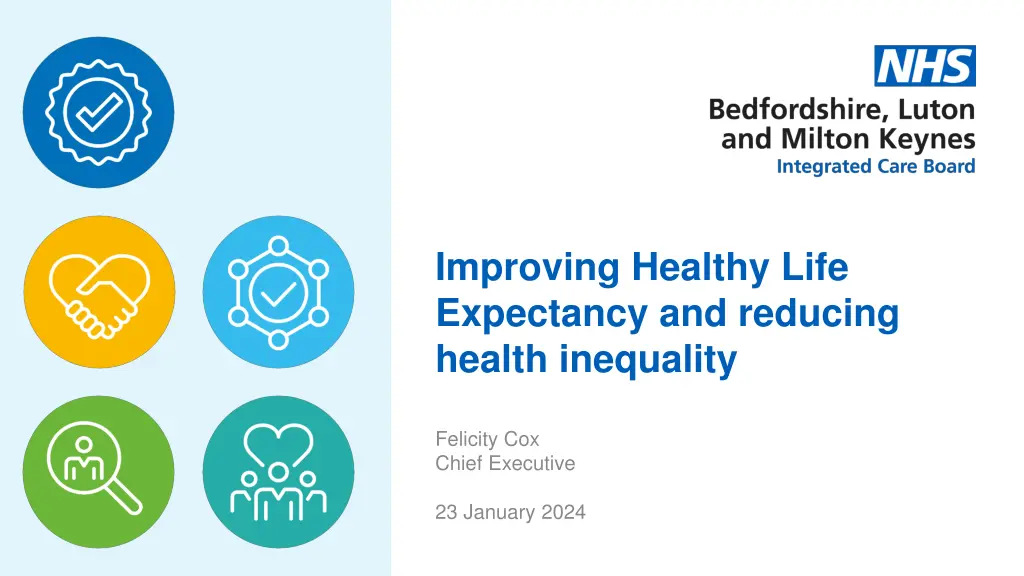
Tackling Health Inequality in Diverse Communities
Explore how Felicity Cox and the BLMK Integrated Care Board are addressing health disparities in communities with diverse backgrounds, focusing on systemic change, cancer outcomes, and integrated care partnerships.
Download Presentation

Please find below an Image/Link to download the presentation.
The content on the website is provided AS IS for your information and personal use only. It may not be sold, licensed, or shared on other websites without obtaining consent from the author. If you encounter any issues during the download, it is possible that the publisher has removed the file from their server.
You are allowed to download the files provided on this website for personal or commercial use, subject to the condition that they are used lawfully. All files are the property of their respective owners.
The content on the website is provided AS IS for your information and personal use only. It may not be sold, licensed, or shared on other websites without obtaining consent from the author.
E N D
Presentation Transcript
Improving Healthy Life Expectancy and reducing health inequality Felicity Cox Chief Executive 23 January 2024
Im Felicity Cox and Im proud to lead BLMK ICB we re working hard to tackle health inequalities in our communities and share examples that could be rolled out regionally. 2
Before I tell you how were tackling health inequality, let me introduce you to BLMK an area with the diversity of Tower Hamlets and the rural affluence of the Home Counties sitting side by side 100 different languages spoken in Bedford Borough alone Romanian, Lithuanian, Italian, Urdu, Bengali People with health inequalities were more affected by Covid. And pandemic has widened inequalities. 65% of the population in Luton comes from a South Asian background. Some of the most diverse communities in the country. High prevalence of diabetes, CVD, poor cancer outcomes because of deprivation, COPD and respiratory disease, gastro-intestinal diseases. Large Roma communities and settled Irish Traveller communities in three out of four of our places. 3
What weve learned from our health inequalities work is that we need to deliver systemic change . We started this work in 2020, we commissioned an independent review of health inequalities led by Reverend Lloyd Denny, a Pastor from Luton. The report was published on 12 September 2023 and highlighted four key areas that needed urgent attention i) Communication, ii) Access, iii) Representation and iv) Cultural competency which we call understanding others. Reverend Denny made a series of recommendations and all partners in our ICS have signed up to delivering on the recommendations which should be applied regionally and nationally including development of a system wide translation service. NHS Bedfordshire, Luton and Milton Keynes Integrated Care Board 4
And from our award-winning Luton Cancer Outcomes project which identified that 25% of deaths in Luton were cancer related, we ve learned that strategies need to be simple. Our cancer strategy, focuses on The six main cancers affecting our population: And what we need to do: 1 2 3 main cancers in our area. Encourage people to attend screening to support early diagnosis Re-design services to improve access to treatment with chemotherapy and acute oncology closer to home Establish partnerships to tackle the wider determinants of health and prevent the six NHS Bedfordshire, Luton and Milton Keynes Integrated Care Board 5
We know integration is central to delivering change. We re working closely with partners in Luton to eradicate poverty, improve aspiration and create a Marmot Town We are committed to working in partnership with Luton 2040 to help residents thrive. We pledge to tackle the causes of ill health by actively reducing health inequalities, working to give children and young people the best start in life and take the lead as one of the largest employers in the town to support with employment and health challenges, and wider economic development. 6 NHS Bedfordshire, Luton and Milton Keynes Integrated Care Board
This learning isnt specific to BLMK. It is relevant to diverse communities across the country and can make a real difference to the lives of the people and communities we serve. Happy to take questions.

